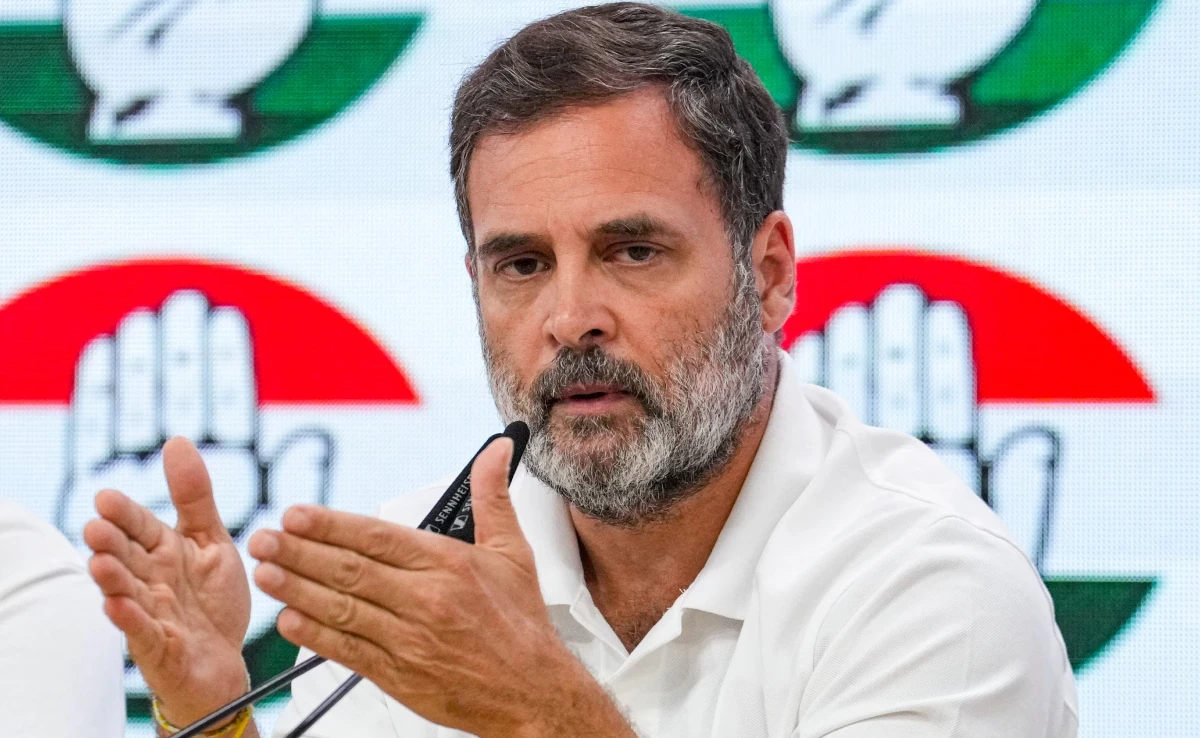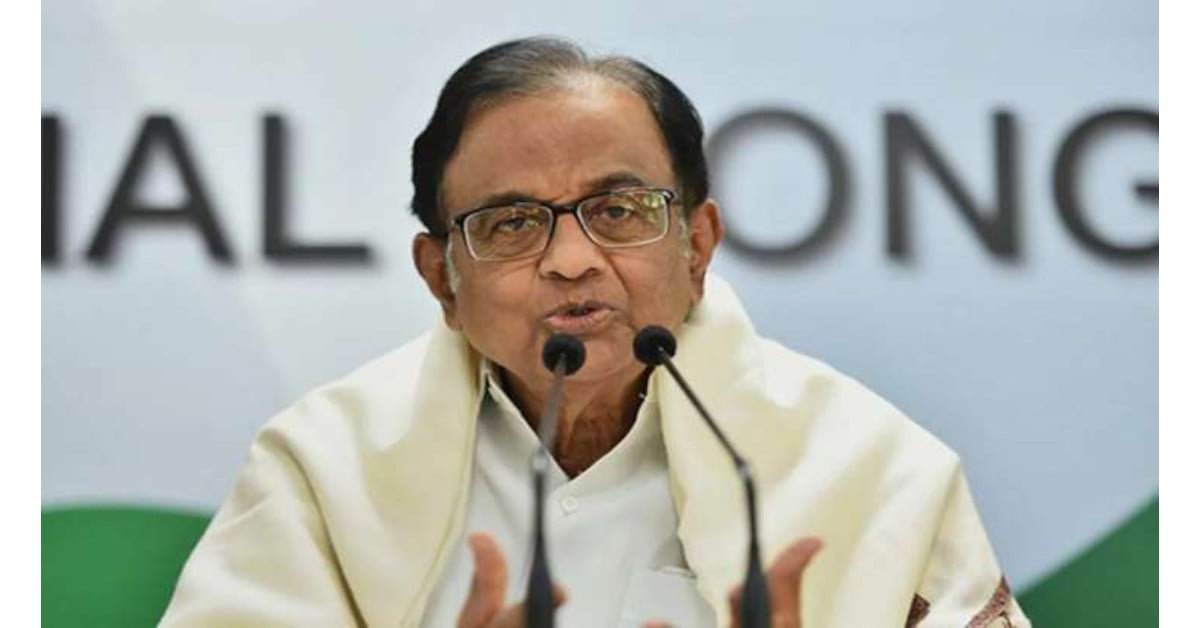Modi government’s proposed move to amend the Right to Information (RTI) law to expand government control over the information commissioners is facing stiff resistance from the Opposition, intellectuals and activists who say it will render it useless.
After putting information about political funding beyond the pale of public scrutiny, this is the second major move by this government against transparency and accountability.
The proposed changes will involve the salaries and tenures of Information Commissioners at the states and centre, which, activists say, is a coercive measure that will interfere with their freedom to make independent decisions.
The Congress has said the BJP-led central government is destroying institutions and legislations of transparency and accountability in the country.
Party chief Rahul Gandhi tweeted, “Every Indian has the right to know the truth. The BJP believes the truth must be hidden from the people and they must not question people in power. The changes proposed to the RTI will make it a useless Act. They must be opposed by every Indian.”
Challenging the changes, the Opposition said it is committed to fighting any “attempt” by the Centre to “dilute” the Act and resist any amendments to it.
The “Right to Information (Amendment) Bill, 2018” proposes that information commissioners – – who currently have five-year tenures – have “terms as may be prescribed by the central government”.
Their salaries, instead of being on par with that of Election Commission officials – will be decided by the Central government.
Government sources said it was suggested that it is not good practice to put Information Commissioners on par with Election Commissioners. Justifying this on basis of legal nitpicking rather than the stated, express purpose of the office, they said the Election Commission is a constitutional body responsible for free and fair elections, but the Information Commission is a statutory body formed to look into complaints and requests for information under the RTI.
Stating “objects and reasons” for these amendments, the government has said, “The functions being carried out by Election Commission of India and the Central, and State Information Commissions are totally different… Hence their status and service conditions need to be rationalised accordingly.”
Extensive protests have been held in Delhi and other parts of India since the government listed the bill for “introduction, consideration and passing” in the monsoon session. The protests were attended not only by RTI activists, but anti-corruption workers and the relatives of people who were killed while exposing corruption across the country.
Lack of information about the proposed changes even pushed activists to file an RTI petition regarding the contents of the bill.
The Congress, the Left, the Trinamool Congress, Arvind Kejriwal’s Aam Aadmi Party and Lalu Yadav’s Rashtriya Janata Dal have said they will oppose any move to dilute the RTI Act.
Currently, the salaries and tenures of central and state information commissioners are statutorily protected as they are provided in the RTI Act.
Anjali Bhardwaj of National Campaign for People’s Right to Information (NCPRI) said the amendment “will fundamentally weaken the institution of the commissions as it will adversely impact their ability to function in an independent manner. The status conferred on commissioners under the RTI Act is to empower them to carry out their functions autonomously and require even the highest offices to comply with the provisions of the law.”
A report in The India Express (IE) quoted former Central Information Commissioner (CIC) Shailesh Gandhi as saying that the move seemed to be a fall-out of the Central Information Commission’s orders to respond to RTIs about the educational qualification of Prime Minister Narendra Modi.
Former CIC Shailesh Gandhi said by bringing in the amendment, the government was “violating the pre-legislative consultative policy”.
“There is no valid reason for the government to amend the Act. The only possibility is that the central government seems to be annoyed about the CIC’s orders to disclose the educational qualification of the Prime Minister… it could be an act of vengeance or arrogance,” he said.
RTI activist Vijay Kumbhar said when the Act was introduced in 2005, Parliament had discussed the issue threadbare, the IE report said. “The emphasis of Parliament was on giving autonomy and independence to information commissions, both at the Centre and the state. Now this government seems to be bent on doing away with the autonomy and independence of the commission,” he said.
He pointed out that the RTI Act already has a provision for the removal of information commissioners. “If a complaint is made to the President, he refers it to the Supreme Court, which probes the complaint and makes recommendations to the President. The Central Chief Information Commissioner or any Information Commissioner can be removed from office only by the order of the President, on the ground of proved misbehaviour or incapacity. This happens only after the Supreme Court probes the complaint on a reference made to it by the President,” he said.
Similarly, at the state level, the governor has the power to take a decision about the removal of state chief information commissioners and information commissioners.
Another RTI activist, Maruti Bhapkar, said the statements and objects of the Bill stated that the RTI Act was enacted to promote transparency and accountability of every public authority towards citizens. “But by amending the Act, the government is seeking to make the commissions accountable to it and seeking to destroy its transparent functioning,” he said. Bhapkar said if the central government had the power to decide the tenures and salaries of information commissioners, the commissioners would be “under pressure not to annoy the government, which means they would be biased on delivering justice”. “The existence of such a justice delivery system is against the spirit of the Constitution,” he said.

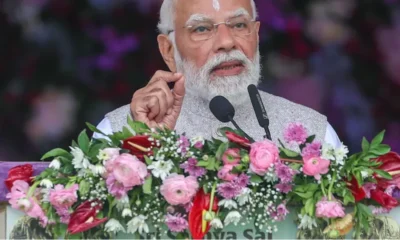
 India News16 hours ago
India News16 hours ago
 Cricket news15 hours ago
Cricket news15 hours ago
 India News15 hours ago
India News15 hours ago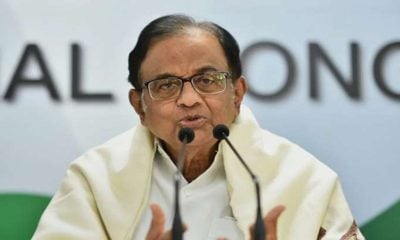
 India News15 hours ago
India News15 hours ago
 India News15 hours ago
India News15 hours ago
 India News7 hours ago
India News7 hours ago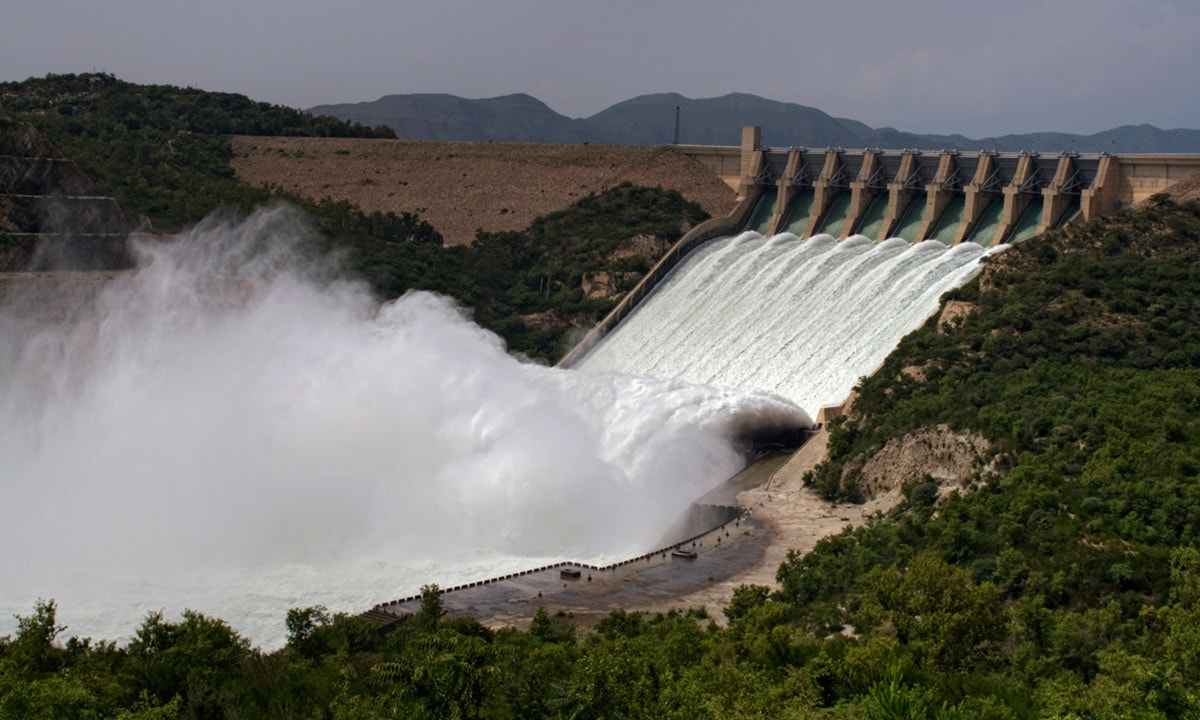
 Latest world news6 hours ago
Latest world news6 hours ago




